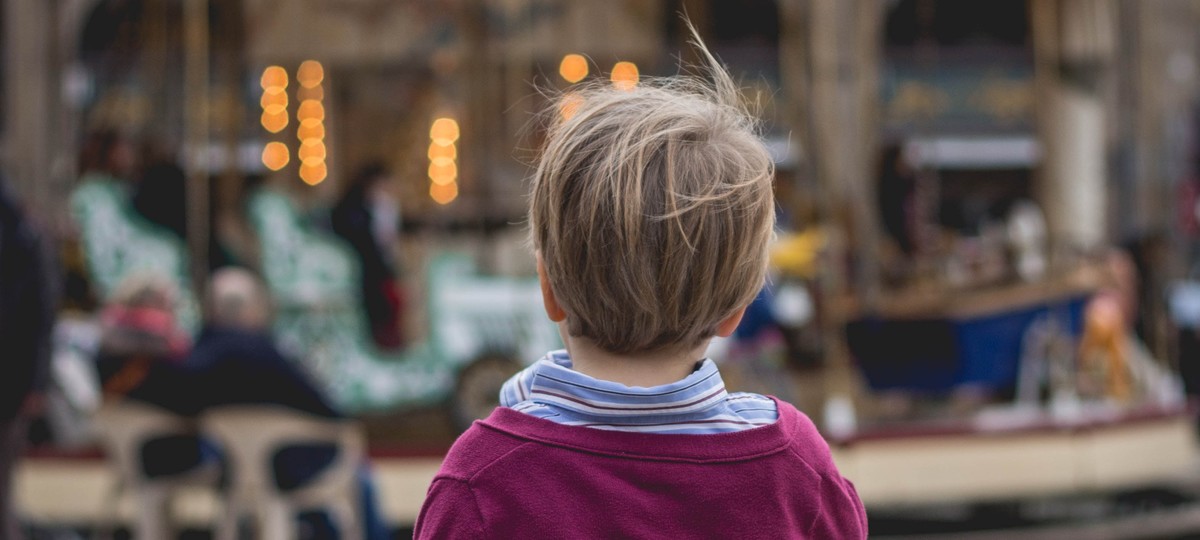
Oh, dear, what can the matter be?
Oh, dear, what can the matter be?
Johnny's so long at the fair.
That fear is so common and persistent that that song dates back at least to the 1700s, according to ye olde Wikipedia. Thus it has been for generations: Kids get lost at the fair.
Or at least they used to.
But a fascinating piece by Sahar Fatima in the Canadian newspaper The Star found that lost kids are nearly a lost tradition. Fatima interviewed one 60-ish man, Wayne Malley, who recalled getting separated from his folks at age 5 when distracted by the excitement of the Canadian National Exposition.
Back then, Fatima wrote, "Malley was just one of 356 kids who got lost at the CNE on that day alone, at a time when up to 400 used to go missing at the fair every single day. Archives going as far back as the 1920s show a big bustling tent for lost children, and a 1958 Star headline blaring '1,624 lost children' in just one day."
By contrast, five to 12 kids get lost now — a number only partially explained by the 50% drop in fair attendance. What's going on?
Blame — or, I guess, praise — parenting. Parents are keeping far tighter reins (sometimes literally) on their kids.
Not that I'm suggesting a hundredfold increase in lost kids is a good thing! I've lost track of my own kid, and it was a heart-stopping half-hour in midtown Manhattan. But there's something rather shocking about how normal it used to be for kids to have enough autonomy to wander off without their parents noticing. It suggests that parents were less watchful but also less fearful. Whether they were less fearful of strangers or less fearful of being blamed for not watching their kids closely enough I don't know. It could also be that they were more tipsy or neglectful, or simply had too many kids to keep track of. But still, it seems that losing your kid didn't automatically used to mean losing your kid.
Fatima quotes Dr. Natasha Sharma, a therapist who says that a generation or two ago, "Parents were far less anxious ... They were more trusting of their environment, which probably led to allowing kids to go off on their own."
Now, Sharma went on, we're more scared and vigilant. "The upside is less lost kids; the downside is, I think kids then start to absorb that fear and that anxiety, and also don't know how to cope with a situation where they find themselves on their own with a problem in front of them."
Think what teary-then-cheery Wayne Malley has in his memory bank, 50-something years later: that time when he once was lost but then was found, to sort of quote another ancient and powerful song.
Most of us remember something similar — a time when we were lost or scared but everything ended up fine. Why do those memories stay with us? Because they're so emotional, of course, but also foundational: Something that seemed so wrong ended up just right. Something that we couldn't possibly handle ... we handled nonetheless. What an important, empowering lesson to carry in our hearts.
Today's kids get scant chance to realize things are less terrifying and impossible than they fear they are, and less chance to rise to a scary occasion. Heck, we barely let them trick-or-treat without a motorcade.
So, oh, dear, what can the matter be now?
Johnny's GPS'd at the fair.


 Contact The Editor
Contact The Editor
 Articles By This Author
Articles By This Author